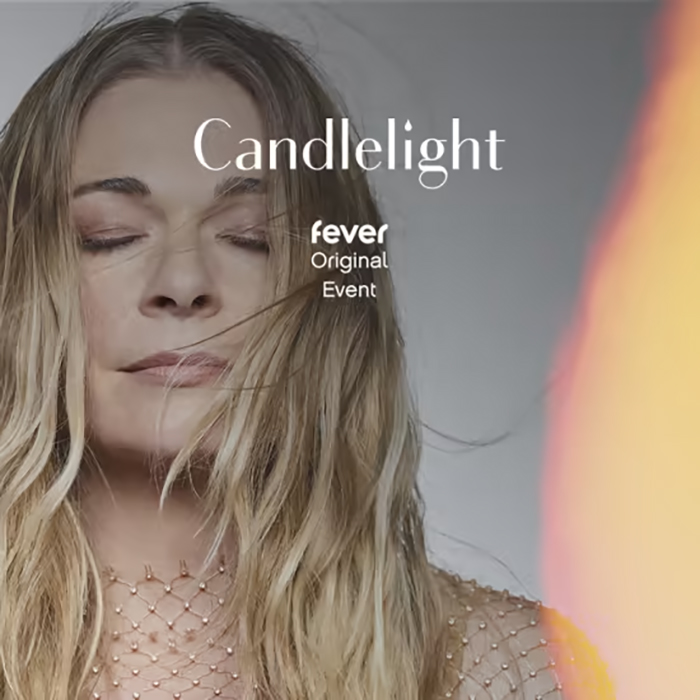It is of the utmost. Think of it as the foundation that our health is built on. From the moment we wake up, we are bombarded with stress. Now this stress can be good, known as complimentary stress, or it can be negative, known as distress. An example of good stress might be exercise or a first date, whereas bad stress might come in the form of a looming deadline, poor nutritional choices, or even anxiety over a social media post. All of this stress, whether it’s good or bad, depletes our bodies’ resources. So while most of us understand the importance of recovering after an intense workout, we may not be taking the time or doing the things necessary to recover from all of our daily stressors. This leaves us wondering why we’re not losing weight, why we’re having digestive issues, or why we’re chronically fatigued. Without adequate recovery, our bodies are playing a constant game of ‘catch up,’ and our health suffers.
Is there more of a specific way to recover than just rest?
Yes. While rest is a big part of it, it’s not as simple as merely taking a day off from working out. In order to truly understand recovery, we have to understand our body’s nervous system and the fact that it operates in either a para-sympathetic or sympathetic state. Now what does that mean? When we’re in a para-sympathetic state, our body is repairing, restoring, detoxifying, and digesting. The opposite, sympathetic (also known as ‘fight or flight’) occurs when our body is on high alert. Our pupils dilate, blood pressure increases, and everything not needed to fight or run away shuts down (the digestive system, for example). Because of the constant stress in our lives, we’re spending far too much time in this sympathetic state. In order for us to recover well, and for our body to thrive, we need to spend more time in the para-sympathetic state, regenerating from those states of stress. So how do we get there? The often neglected and indisputable champion of recovery is sleep. We need it, there really is no way around it. However, during the waking hours, things like diaphramatic breathing can help calm your nervous system. Yoga, having a meditative practise, taking a hot bath, or even going for a walk through your local park are also great ways of replenishing your body’s resources.
What happens to the body during the recovery process?
A myriad of chemical reactions takes place both when we’re stressed and whilst we recover. One in particular to note is that when we’re stressed, the adrenal glands release a hormone called cortisol. Excessive cortisol in the blood is associated with weight gain, chronic fatigue, cardiovascular disease, insomnia, and diabetes. When we’re mindful of our recovery, our cortisol levels are reduced, and the cascade of hormones associated with our stress levels are rebalanced, resulting in increased energy, better moods, less cravings, and improved overall health.
Are there specific foods that can help our bodies and nervous systems recover more effectively and support them in times of stress?
Just like poor nutrition stresses the body, good food is going to impact your nervous system in a positive way. Leafy green vegetables are great as they’re loaded with anti-oxidants. Omega-3 Fatty Acid in fish has been linked to the health of our nerves and nervous system, as well as magnesium rich food like almonds and dark chocolate.
What is the one thing you wish more people implemented in their daily routines for overall health and wellness?
Sleep. It may seem simple, but there is no escaping the importance of it. Aim for 7-9 hours per night. I could write a novel on why, but instead I’ll leave you with one thing. When you sleep your brain bathes in spinal fluid, which cleanses it of cellular debris. I find that amazing, essentially your brain takes a bath every night. Give your brain a bath, you won’t regret it!
SOE Spotlight questions
What are you fully DEVOTED to?
Sleep (lol).
What brings you ultimate JOY?
Snowboarding with my best friends, on a bluebird (sunny) powder day.
If you could shine a SPOTLIGHT on someone who has either inspired you, helped you heal or that you admire, who would that be?
Carl Hammington, from Best Me and HealthFit NZ. Carl is a personal trainer and friend who I worked with when I first entered the industry back in New Zealand. His passion and knowledge have constantly inspired me over the past decade.
What do you love most about your SOUL CASE? (It can be a part of your body or just something you love about yourself)
Its resiliency.
When you come down with a case of WANDERLUST, where do you love to travel and explore?
The mountains. Next on my list is a trip to the island of Hakkaido, Japan.





